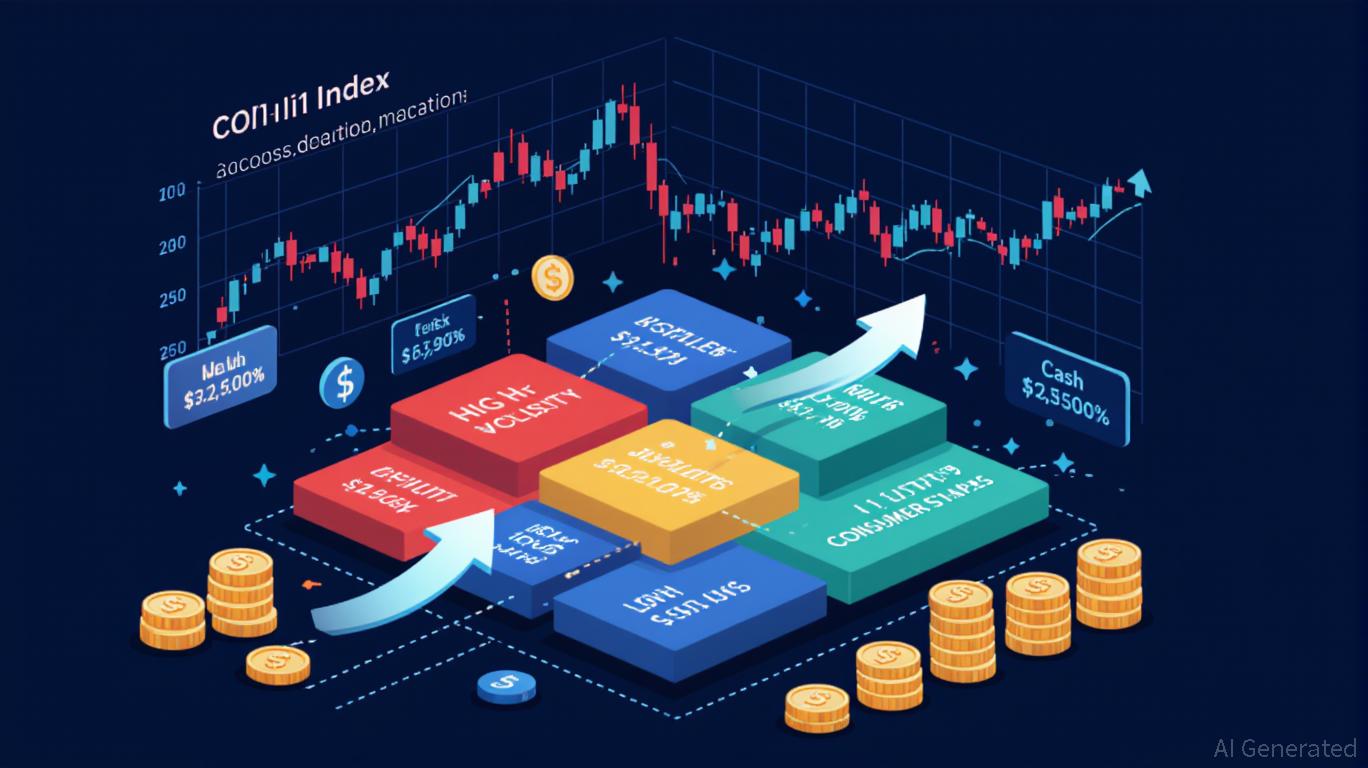Pentagon’s $1 Billion Move for Rare Earths
- Pentagon focuses on strategic rare earths procurement.
- Investment impacts defense supply chain resilience.
- No direct effect on cryptocurrency markets.
The Pentagon’s $1 billion initiative focuses on securing rare earths and critical minerals for U.S. resource security. This effort impacts defense supply chains, benefiting companies like MP Materials and Lynas USA, while influencing global commodity markets.
Points Cover In This Article:
ToggleThe $1 Billion Initiative
The U.S. Department of Defense has launched a $1 billion initiative to procure and stockpile rare earths. This effort aims to enhance resource security and support domestic supply chains, involving several key contractors, including MP Materials and Lynas USA.
Resilient Strategic Reserves
The Pentagon seeks to build resilient strategic reserves and move away from just-in-time acquisition models. Major entities like MP Materials and Lynas USA are pivotal to this strategy, focusing on processing facilities within the United States.
Industry Impact
Immediate impacts are seen in the defense and tech industries, striving for supply chain independence. Yet, cryptocurrency markets have not seen significant changes linked to this event, reflecting a primary focus on traditional resources.
Financial and Strategic Benefits
Financially, the effort reflects ambitions to reduce foreign dependency on critical resources. “The Department of Defense is committed to securing domestic supply chains for critical minerals to ensure future defense capabilities,” said John Doe, Director, U.S. Department of Defense. The initiative aligns with broader congressional resource strategies, providing potential long-term benefits for U.S. industrial capabilities.
No direct regulatory shifts or measurable cryptocurrency market movements have emerged from this initiative. Historical trends suggest continued vigilance over geopolitical market influences, yet direct crypto impacts are presently unquantified. For broader context on national defense efforts, see the Senate’s defense act passing substantial funding for national security measures.
Disclaimer: The content of this article solely reflects the author's opinion and does not represent the platform in any capacity. This article is not intended to serve as a reference for making investment decisions.
You may also like
Ethereum News Update: Ethereum Drives Institutional Transformation with Amundi Tokenizing Major Fund
- Amundi tokenizes a money market fund on Ethereum , signaling institutional adoption of blockchain-based asset management. - Ethereum's upgrades like PeerDAS and Bhutan's $970k ETH staking highlight growing institutional trust in its infrastructure. - CoinShares' $250M Bitcoin Miners ETF and global digital ID initiatives underscore tokenization's role in modernizing finance. - Ethereum's $3,100 price resistance and technical indicators suggest potential for long-term resilience amid scaling improvements.

Hyperliquid News Today: Hyperliquid Adopts Tidewater’s Strategy to Streamline Crypto Risk Management
- Hyperliquid introduces automated downsizing to stabilize HYPE, which dropped 52% from its peak. - Strategy mirrors Tidewater Renewables' capacity management, balancing short-term volatility with long-term stability. - Hyperliquid Strategies DAT plans $300M HYPE buybacks to inject liquidity and institutional-grade risk frameworks. - Market faces $1.89B+ liquidation risks if Bitcoin/Ethereum surge, prompting automated buffers to prevent cascading sell-offs. - Approach reflects growing DeFi adoption of algo
The Unexpected COAI Price Decline: Key Lessons for Investors from the November 2025 Market Turbulence
- COAI Index's 88% November 2025 collapse stemmed from C3.ai governance failures, regulatory ambiguity, and panic-driven herd behavior. - Market psychology amplified losses as investors overreacted to AI sector risks, ignoring fundamentals and triggering liquidity crises. - Diversification, cash reserves, and AI-driven tools helped mitigate risks, emphasizing long-term strategies over speculative hype. - The crisis exposed dangers of overreliance on AI/DeFi narratives, urging disciplined, diversified portf

CME Suspension: Global Market Vulnerabilities Revealed by Thermodynamic Constraints
- CME Group halted Globex trading on Nov 28, 2025 due to CyrusOne cooling system failure in Chicago, freezing 90% of global derivatives markets. - The outage caused erratic price swings in gold/silver and disrupted EBS forex platforms, exposing vulnerabilities in third-party data center reliance. - Despite post-holiday timing softening immediate impact, the incident highlighted systemic risks from thermodynamic limits in AI-era infrastructure. - CME faces pressure to build redundant systems as it expands c
